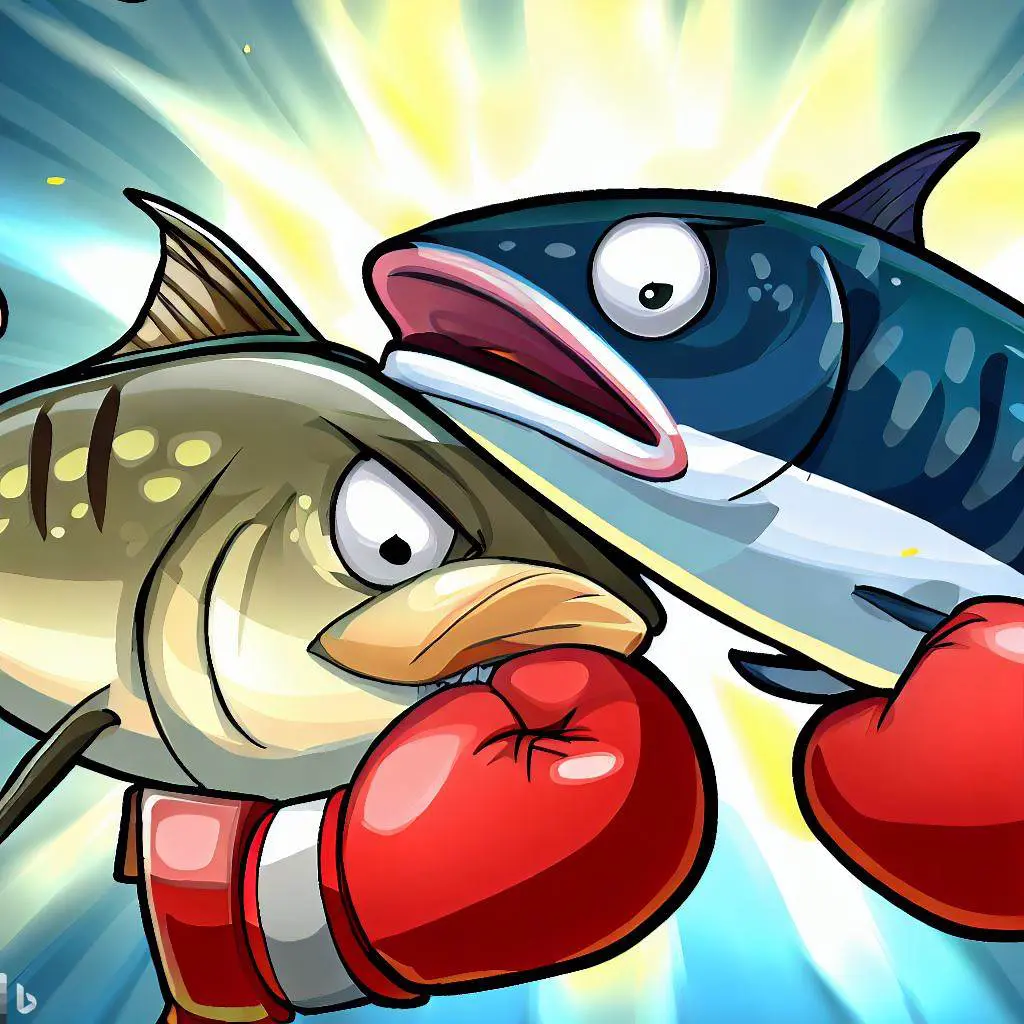In the ever-evolving world of health and wellness, a plethora of unique diet regimens have found their place. Two specific strategies that have gained traction are the mackerel and sardine fasts. The question arises, is one superior to the other? To answer this, we need to delve deeper into the nutritional profiles of mackerel and sardines and explore the purported benefits of these seafood-centered fasts.

First, let’s begin with the commonalities. Both mackerel and sardines are fatty, oily fish renowned for their impressive nutritional value. They are rich in high-quality protein, omega-3 fatty acids, vitamin D, vitamin B12, and several key minerals such as selenium, zinc, and iodine. These nutrients play a vital role in cardiovascular health, brain function, immune system, and more, making both types of fish a fantastic choice for overall health.
So, where do the differences lie? While both mackerel and sardines are nutritionally dense, they possess some distinctions that could influence your fast choice.
Mackerel Fast
Mackerel is noted for its rich omega-3 fatty acid content, surpassing that of sardines. These fatty acids play a crucial role in supporting heart health, reducing inflammation, and fostering brain health. Mackerel is also slightly higher in protein than sardines, making it an attractive option for those focusing on muscle development and satiety.
Furthermore, mackerel is rich in coenzyme Q10, an antioxidant that promotes cellular energy production and heart health. Some studies have suggested that a diet high in coenzyme Q10 can assist in improving physical performance and muscular recovery, thereby making a mackerel fast a potential choice for athletes or active individuals.
One concern regarding a mackerel-based diet is the potential for higher mercury content in larger species of mackerel. Hence, it’s advisable to opt for smaller species like Atlantic mackerel, which have lower mercury levels.
Sardine Fast
Sardines, while having slightly less protein and omega-3 than mackerel, boast an impressive calcium content, thanks to their edible bones. They are also one of the most sustainable fish, with lower ecological impact due to their rapid reproduction and abundance.
Furthermore, sardines are generally lower in mercury than many other fish, including mackerel, making them a safer choice for people concerned about heavy metal toxicity.
A sardine fast might also be beneficial due to their high EPA (eicosapentaenoic acid) content, an omega-3 fatty acid that is more efficiently converted into usable forms in the body. This leads to enhanced inflammation reduction and cognitive function.
And, depending on your location, you will probably find sardines cost less than mackerel. Although both are inexpensive!
The Verdict
Both mackerel and sardine fasts have their unique benefits, with mackerel potentially offering more for heart health, anti-inflammation, and muscle recovery due to its high omega-3 and coenzyme Q10 content. On the other hand, a sardine fast might be advantageous for those seeking a boost in calcium, a safer profile regarding heavy metals, and a more eco-friendly diet.

So, is a mackerel fast better than a sardine fast? The answer lies in the individual’s needs, preferences, and health goals. There isn’t a definitive winner, as both regimens provide substantial health benefits.
However, it’s essential to remember that any form of fasting should not be approached lightly. Although these fish-focused fasts can offer nutritional benefits, they could also lead to nutritional deficiencies if other important food groups are excluded for prolonged periods. It’s always recommended to consult with a healthcare provider or a registered dietitian before embarking on any fasting regimen.
In conclusion, whether you lean towards a mackerel or a sardine fast, both offer an impressive array of health benefits. The ultimate choice depends on your individual health requirements and sustainability considerations.
